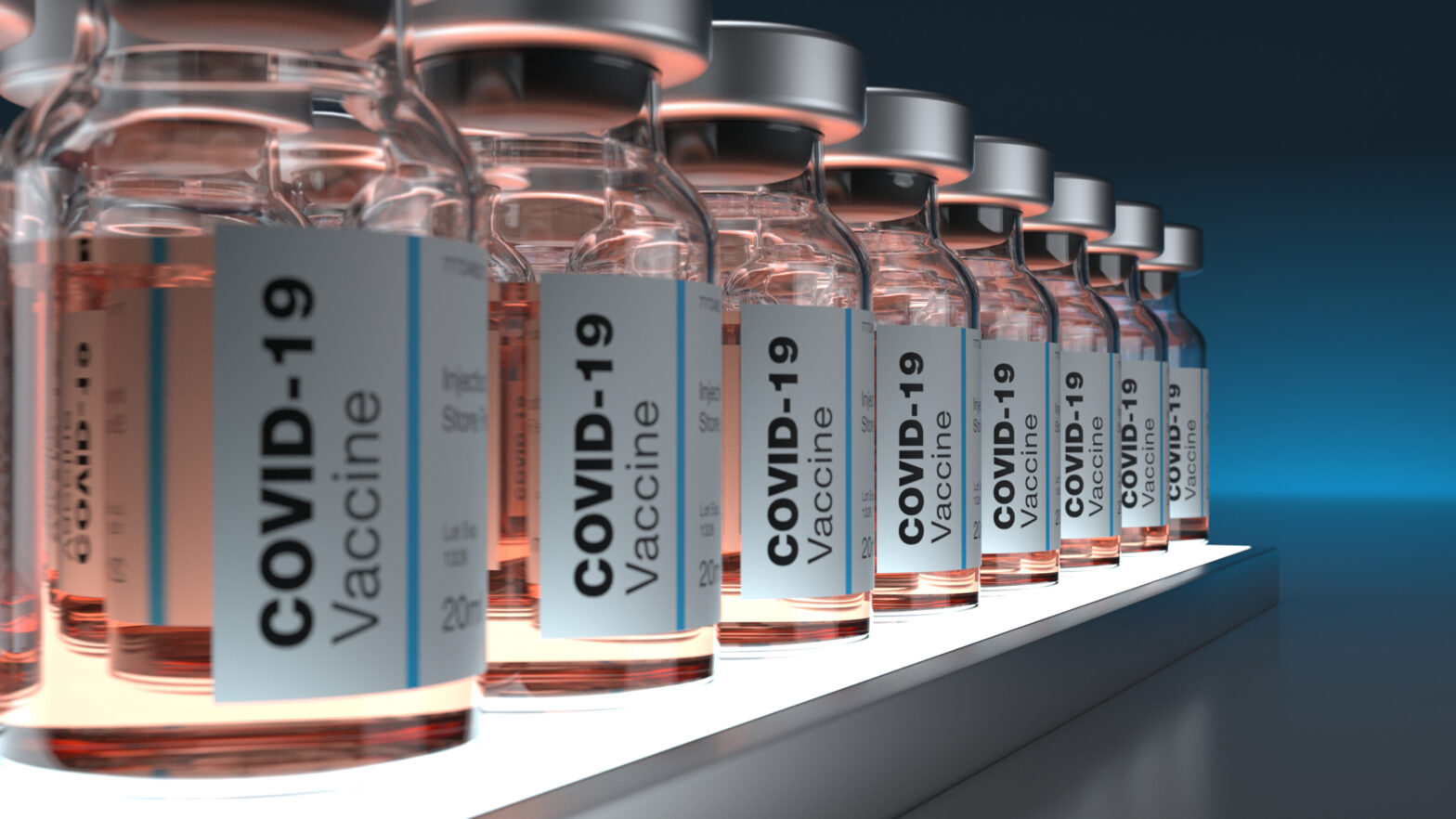| The US is communicating regularly with India in bilateral and multilateral channels to discuss the supply of Covid-19 vaccines and inquire about its timeline for restarting vaccine exports. “Vaccinating as much of the developing world, as quickly as possible, is in America’s vital interest, because the uncontrolled spread of the virus inevitably produces more dangerous variants,” an Axios report said. |
The United States has been pushing India to restart vaccine exports as it looks to stem the global spread of the Covid pandemic.
The US is communicating regularly with India in bilateral and multilateral channels to discuss the supply of Covid-19 vaccines and inquire about its timeline for restarting vaccine exports, a senior Biden administration official told Reuters.
The supply of Covid vaccines will also be one of the key topics of discussion during the first in-person Quad leadership meeting in US on September 24. Quad is a multilateral alliance of US, India, Australia and Japan.
During their virtual meeting in March this year, the Quad leaders had agreed to work closely on boosting Covid-19 vaccine supply.
However, the initiative was stalled after India was struck by the deadly second wave of the virus.
Since then, India’s vaccine exports took a major hit as the country sought to prioritise immunisation of its population of over 1.3 billion people.
According to Axios, the Biden administration is now looking to push Modi to renew vaccine supply to the world through the global Covax initiative since it wants to mitigate the international spread of the virus.
“Vaccinating as much of the developing world, as quickly as possible, is in America’s vital interest, because the uncontrolled spread of the virus inevitably produces more dangerous variants,” the Axios report said.
“Washington was staying in close touch with India and other Quad partners about the vaccine partnership, and any factors that may affect this project or global vaccine supply, but those discussions were not tied to a specific summit or engagement,” the US official said.
The official noted that Washington had diverted its own supply of raw materials for vaccine production to India in April, given its urgent needs, and global vaccine supply remained a key bottleneck to ending the pandemic.
“We commend India for being one of the largest manufacturers for safe and effective COVID-19 vaccines globally, and we note that COVAX and the world rely heavily on India’s contributions,” the official said. “It’s important for the United States to engage all our allies and partners on these matters so we can take the necessary actions to end this pandemic together.“
However, while US is pushing India to kickstart its vaccine exports, it had stalled its own vaccine exports for months to prioritise shots for its population under the “America First” policy.
As we approach the close of this year, we at ExSyn would like to extend our heartfelt gratitude for your trust, collaboration, and continued support. Your confidence in our products and services has been the driving force behind our growth and success.
The U.S. Food and Drug Administration (FDA) today announced significant action to make it faster and less costly to develop biosimilar medicines, which are lower-cost “generic” alternatives to biologic drugs that treat serious and chronic diseases.
Products containing titanium dioxide in the EU are no longer required to carry warnings about cancer risk, after the European Chemicals Agency (Echa) revoked its classification as a suspected carcinogen. The move follows a June 2025 decision by the Court of Justice of the European Union and means that safety data sheets, labelling and packaging requirements for titanium dioxide have been relaxed across industries including paints, pharmaceuticals, cosmetics and food.
The economic impact of biosimilars on the Australian health care system is now clearer, with data revealing their role in reducing market expenditure and driving price competition.
The Chinese Golden Week impacts Ocean Freight Shippers for two main reasons:
Donald Trump’s tariffs of 50% have come into force on most US imports from India. India’s giant generic pharmaceuticals sector and its electronics and petroleum products are exempt from the tariffs. Aluminium, steel and copper remain at 25%, but job-heavy sectors such as textiles, jewellery, seafood and leather are squarely in the line of fire.
The European Chemicals Agency (ECHA) has published the updated proposal to restrict per- and polyfluoroalkyl substances (PFAS) under the EU’s chemicals regulation, REACH. The update has been prepared by the authorities from Denmark, Germany, the Netherlands, Norway and Sweden, who submitted the initial proposal in January 2023.
Most chemicals exported from the 27 member countries of the European Union into the US will be subject to a 15% tariff on top of their selling prices under an agreement signed on July 27 between the US and the European Commission.
We’re thrilled to announce a new strategic alliance between ExSyn, Exim-Indis and simABs, a leading EU-based biologics manufacturer known for its patented continuous flow technology in antibody production.
